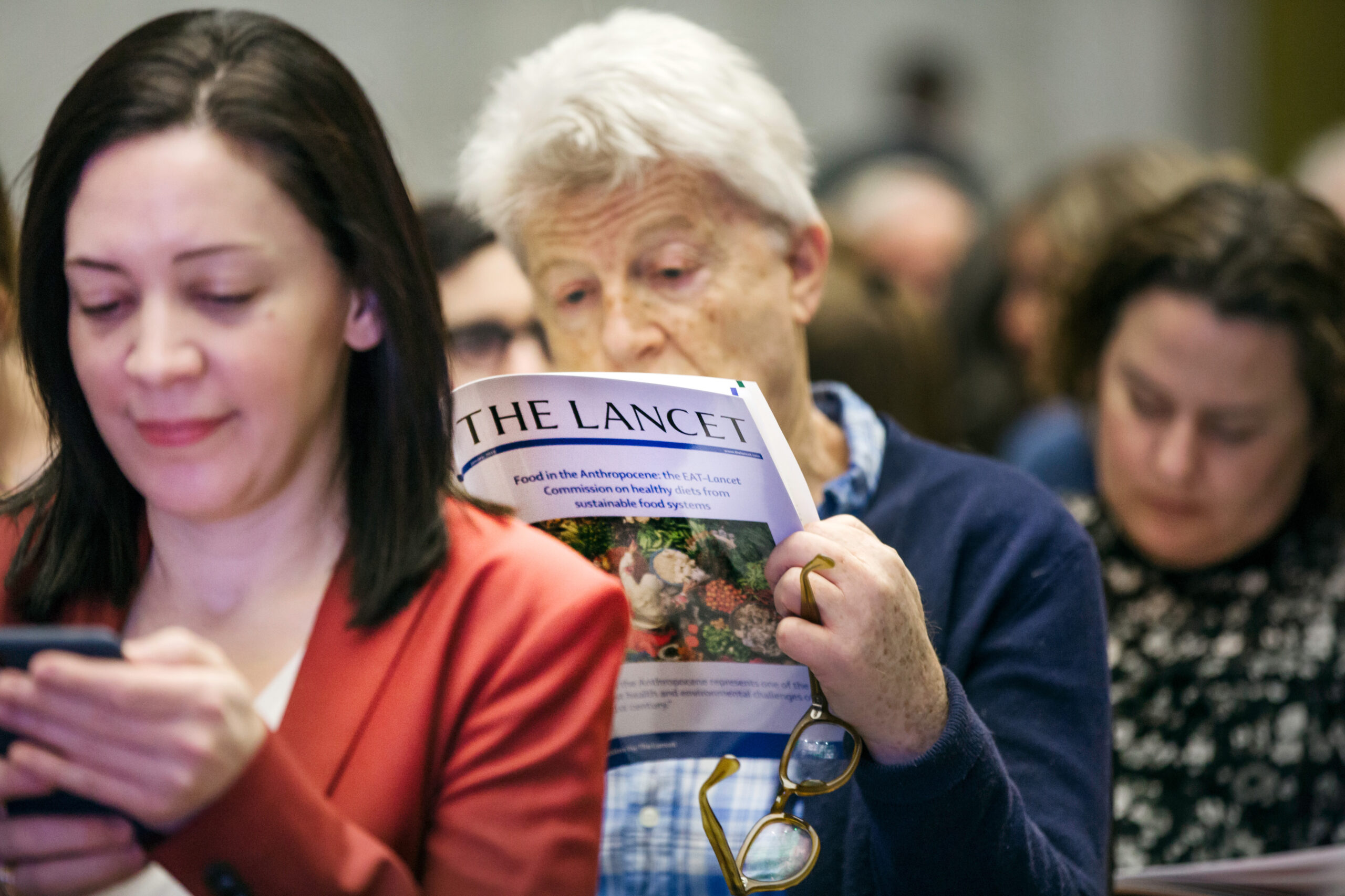Working at the intersection of science & society to drive genuine global change.

The EAT-Lancet Commission set global targets for human and planetary health.
Building on the findings of the first publication, the 2025 EAT-Lancet will accelerate progress and contribute to the 2030 agenda by including several new elements such as the social foundations for a just food system, a greater focus on diversity and the adaptation of regional and local diets, establishing food system boundaries across all nine planetary boundaries, substantial improvements in modelling capacity to project potential future outcomes of a transition to healthy and sustainable food systems. The 2025 EAT-Lancet reinforces the urgent need for a great food transformation, which can only be met through concerted global action and unprecedented levels of transformative change.
